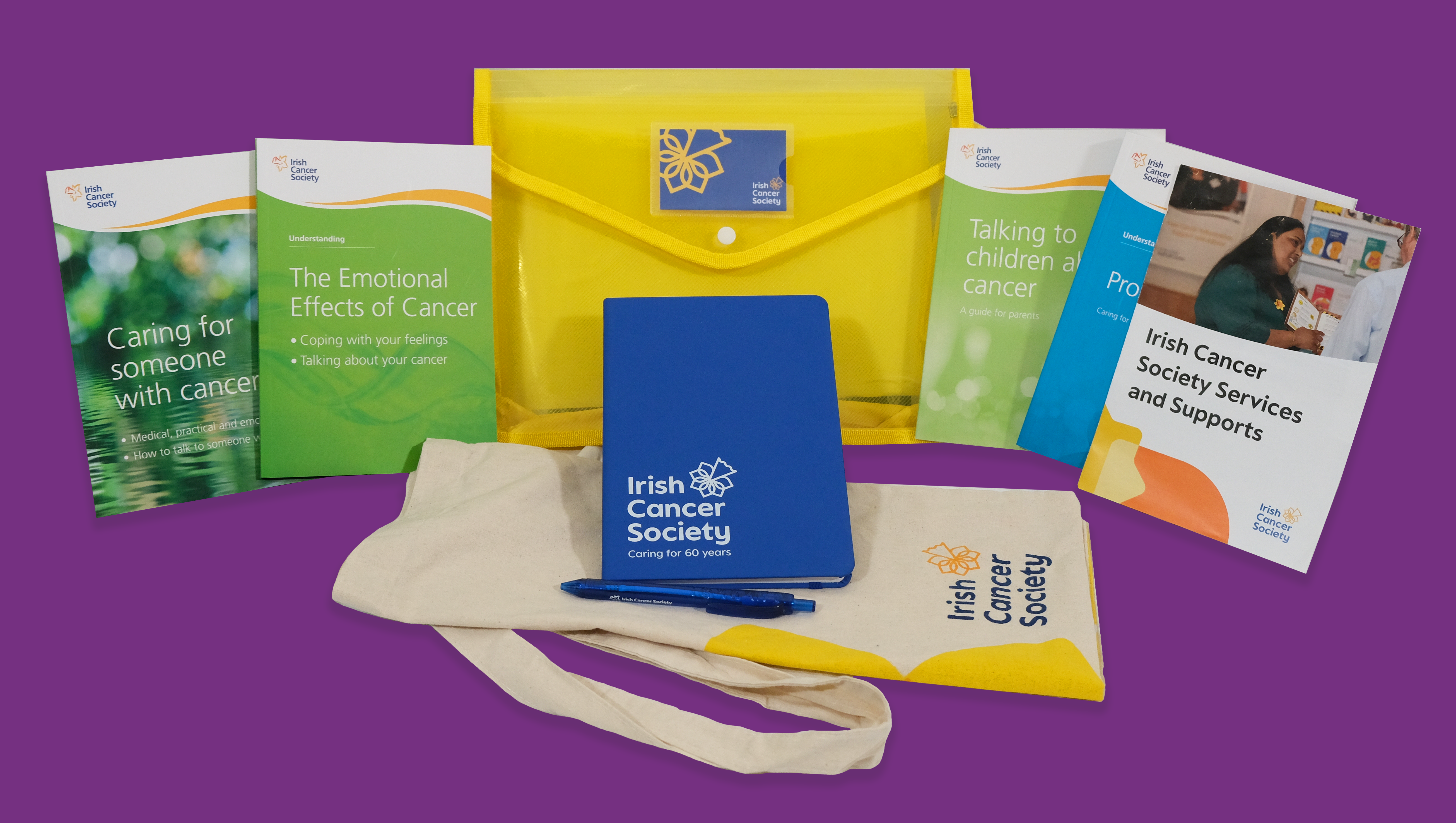Our immunotherapy videos are for patients who are due to begin treatment shortly.
Immunotherapy
Immunotherapy drugs help your immune system to work better to fight cancer cells.
How immunotherapy works
The immune system protects you against disease and infection. Sometimes cancer cells find a way of hiding from the immune system. This allows cancer to develop or spread. Immunotherapy helps your immune system to fight cancer cells.
Types of immunotherapy
Different immunotherapy treatments work in different ways. Some treatments help the immune system to attack the cancer directly. Others boost the immune system in a more general way.
When is immunotherapy used?
Immunotherapy is not suitable for everyone. Immunotherapy treatments are used for cancer types that have been shown to respond to them. Your doctor will tell you if there are immunotherapy treatments for your type of cancer.
Your doctor will look at:
- Your overall health
- The type of cancer you have
- If the cancer has spread (the stage) and if so, how far
- Your treatment history
You may have a new immunotherapy treatment as part of a clinical trial.
Having immunotherapy treatment
Before you have immunotherapy you might need to have tests to find out whether the treatment is likely to work. These tests look for changes in certain proteins, genes or chromosomes. Testing can be done on your blood, bone marrow or cancer tissue, depending on your cancer type.
Read more about cancer tests.
- Ask about any possible side-effects
- Check if you need to do anything to prepare for treatment. For example, getting dental work done or having any recommended vaccinations
Immunotherapy is usually given in a course of treatments. This course can last weeks or months, depending on your cancer and the type of immunotherapy. You may a combination of immunotherapy treatments or have other treatments too, such as targeted therapies or chemotherapy.
Intravenously (through a vein)
Most immunotherapies are given intravenously (through a vein). You may have a port or line (thin tube) inserted, which can be used to access your vein every time you have treatment. We have information on these ports and lines and how to care for them.
Tablets
Some treatments are given as a tablet. We have more information on taking cancer drugs by mouth (oral therapies).
What are the side-effects of immunotherapy?
The side-effects of immunotherapy depend on the drugs being used and vary from person to person. Because immunotherapy acts on the immune system, it can cause inflammation in any part of your body. Ask your medical team about likely side-effects.
Treatment side-effects
Find out more about possible side-effects of cancer treatments and ways to manage them.
Track and report any side-effects
It’s very important to be aware of any changes.
Even if a symptom is not troubling you too much, it’s still best to let your medical team know how you’re feeling, as it may be a symptom of something else. For example, fatigue may be a sign that your treatment is affecting your hormone levels. If this is the case, you can have treatment to help you feel better.
Patient Education videos
Watch the full series of 5 videos covering what to expect in your treatment plan, side-effects and supports available to you.
If you have any questions about what you’ve seen, our Support Line cancer nurses can help on 1800 200 700.



Talk to a Cancer Nurse

Support Line
Our Daffodil Centres

